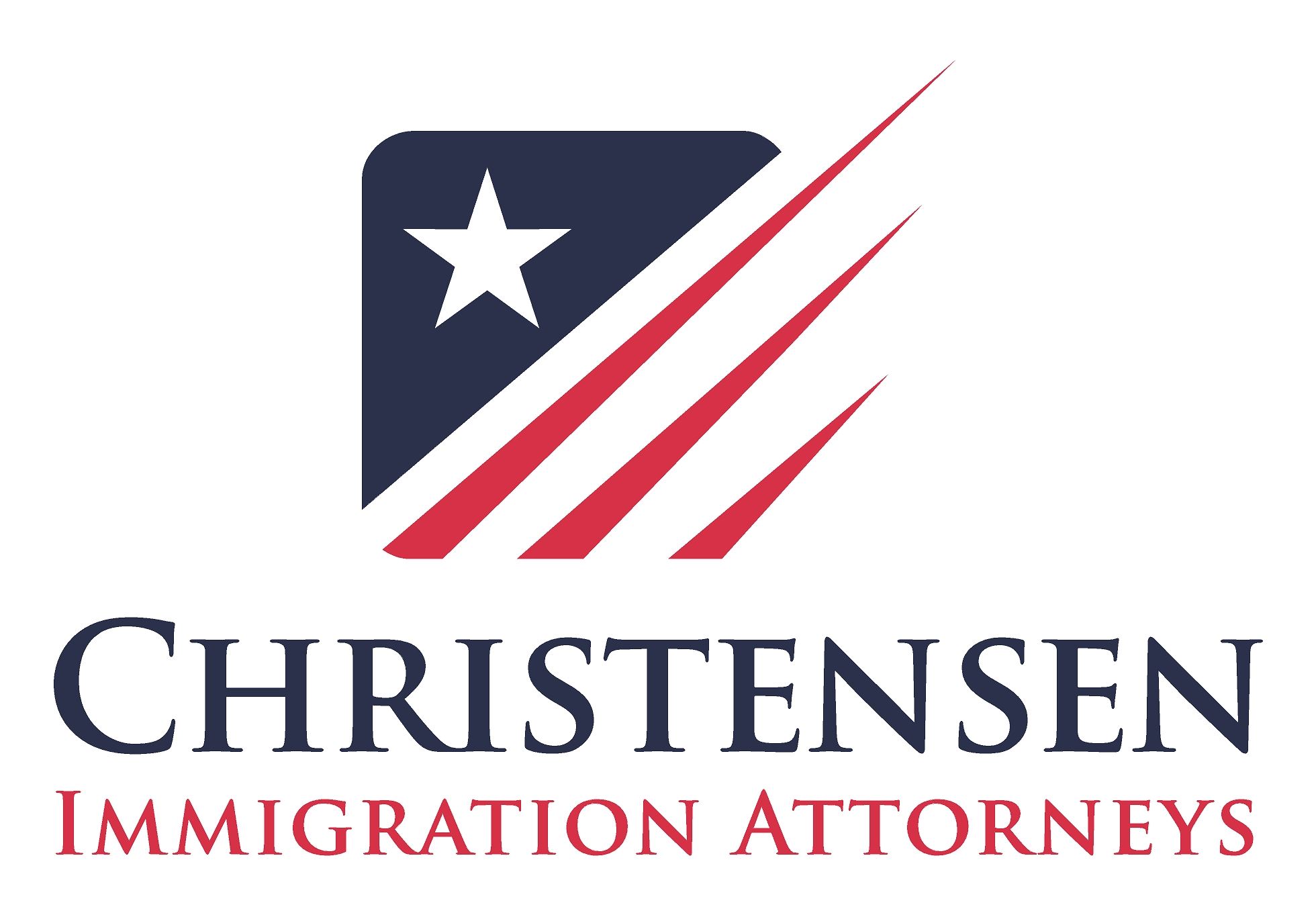On June 8, 2023, U.S. Citizenship and Immigration Services (USCIS) announced the launch of a new, streamlined process for Afghan nationals who were paroled into the United States to apply for re-parole and request an employment authorization document (EAD) with no associated filing fee. Only Afghan nationals who were paroled on or after July 31, 2021, and whose I-94s show “OAR” or “PAR” class of admission codes are eligible for this re-parole process.
Afghan Nationals With Pending Applications for Permanent Immigration Benefits
USCIS will automatically consider, on a case-by-case basis, Afghan nationals who were paroled on or after July 31, 2021, whose I-94s show “OAR” or “PAR,” and who have pending applications for permanent immigration benefits, such as asylum or adjustment of status, for re-parole. If USCIS finds that they warrant re-parole, they will send them an I-94 granting a two-year parole extension and an EAD that is valid for the duration of their re-parole. USCIS will send both documents to the applicant’s last known address. It is important to note, however, that Afghan nationals with pending or approved Temporary Protected Status (TPS) applications will not be automatically considered for re-parole as TPS is not considered a permanent immigration benefit.
Afghan Nationals Without Pending Applications for Permanent Immigration Benefits
Afghan nationals who have not applied for permanent immigration benefits, and who were paroled on or after July 31, 2021, under OAR or PAR must affirmatively file Form I-131 to be considered for re-parole and an EAD. They may file Form I-131 either online or by paper. USCIS is encouraging all Afghan nationals who fall into this class to file Form I-131 online to avoid common mistakes and allow the applicant to track the progress of their application. Those who choose to file by paper are encouraged to use the June 6, 2023, Form I-131 edition, as the Oct. 31, 2022, edition will no longer be accepted after Aug. 8, 2023.
Regardless of whether an applicant for re-parole files online or by paper, they can request an EAD on the Form I-131, thereby eliminating the need to file Form I-765. There is no fee associated with filing Form I-131 or with requesting an EAD under this re-parole process. It is important to ensure that re-parole applicants request their EAD on Form I-131 or they must wait until their application for re-parole is approved and then file Form I-765 with a copy of the Form I-131 approval.
For more information on the re-parole process give our office a call.

